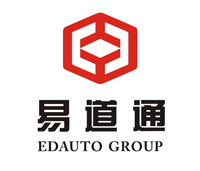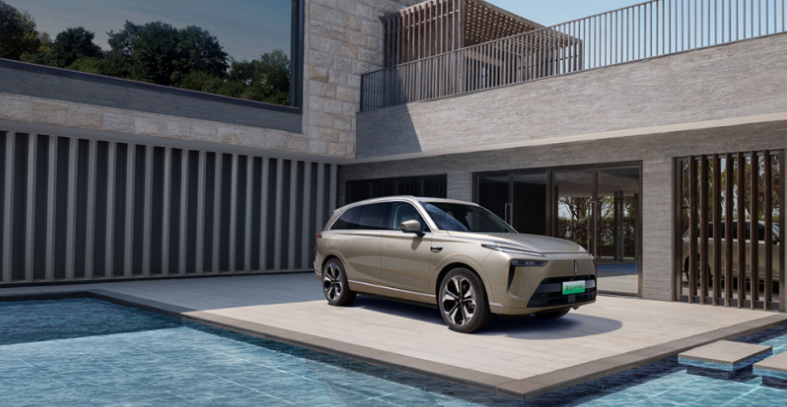Thailand plans to offer new incentives to hybrid car manufacturers in a bid to attract at least 50 billion baht ($1.4 billion) in new investment over the next four years.
Narit Therdsteerasukdi, secretary of Thailand's National Electric Vehicle Policy Committee, told reporters on July 26 that hybrid vehicle manufacturers will pay a lower consumption tax rate between 2028 and 2032 if they meet certain standards.
Qualifying hybrid vehicles with less than 10 seats will be subject to a 6% excise tax rate from 2026 and will be exempt from a two-percentage-point flat rate increase every two years, Narit said.
To qualify for the reduced tax rate, hybrid car manufacturers must invest at least 3 billion baht in Thailand's electric vehicle industry between now and 2027. Additionally, vehicles produced under the program must meet strict carbon dioxide emissions requirements, use key auto parts assembled or manufactured in Thailand, and be equipped with at least four of six specified advanced driver assistance systems.
Narit said that of the seven hybrid car manufacturers already operating in Thailand, at least five are expected to join the project. The decision of the Thailand Electric Vehicle Committee will be submitted to the Cabinet for review and final approval.
Narit said: "This new measure will support the Thai automotive industry's transition to electrification and the future development of the entire supply chain. Thailand has the potential to become a production center for all types of electric vehicles, including complete vehicles and components."
The new plans come as Thailand aggressively rolls out incentives for electric vehicles that have attracted significant foreign investment in recent years, particularly from Chinese manufacturers. As the "Detroit of Asia", Thailand aims to have 30% of its vehicle production be electric vehicles by 2030.
Thailand has been a regional automotive production hub over the past few decades and an export base for some of the world's top automakers, including Toyota Motor Corp and Honda Motor Co. In the past two years, investments by Chinese electric vehicle manufacturers such as BYD and Great Wall Motors have also brought new vitality to Thailand's automobile industry.
Separately, the Thai government has reduced import and consumption taxes and offered cash subsidies to car buyers in exchange for automakers' commitment to start local production, in the latest move to revive Thailand as a regional automotive hub. Against this backdrop, demand for electric vehicles has surged in the Thai market.
According to Narit, Thailand has attracted investment from 24 electric vehicle manufacturers since 2022. In the first half of this year, the number of newly registered battery-powered electric vehicles in Thailand increased to 37,679, an increase of 19% compared with the same period last year.
Auto sales data released by the Federation of Thai Industries on July 25 also showed that in the first half of this year, sales of all electric vehicles in Thailand surged 41% compared with the same period last year, reaching 101,821 vehicles. At the same time, total domestic vehicle sales in Thailand fell by 24%, mainly due to lower sales of pickup trucks and internal combustion engine passenger cars.
Post time: Jul-30-2024



